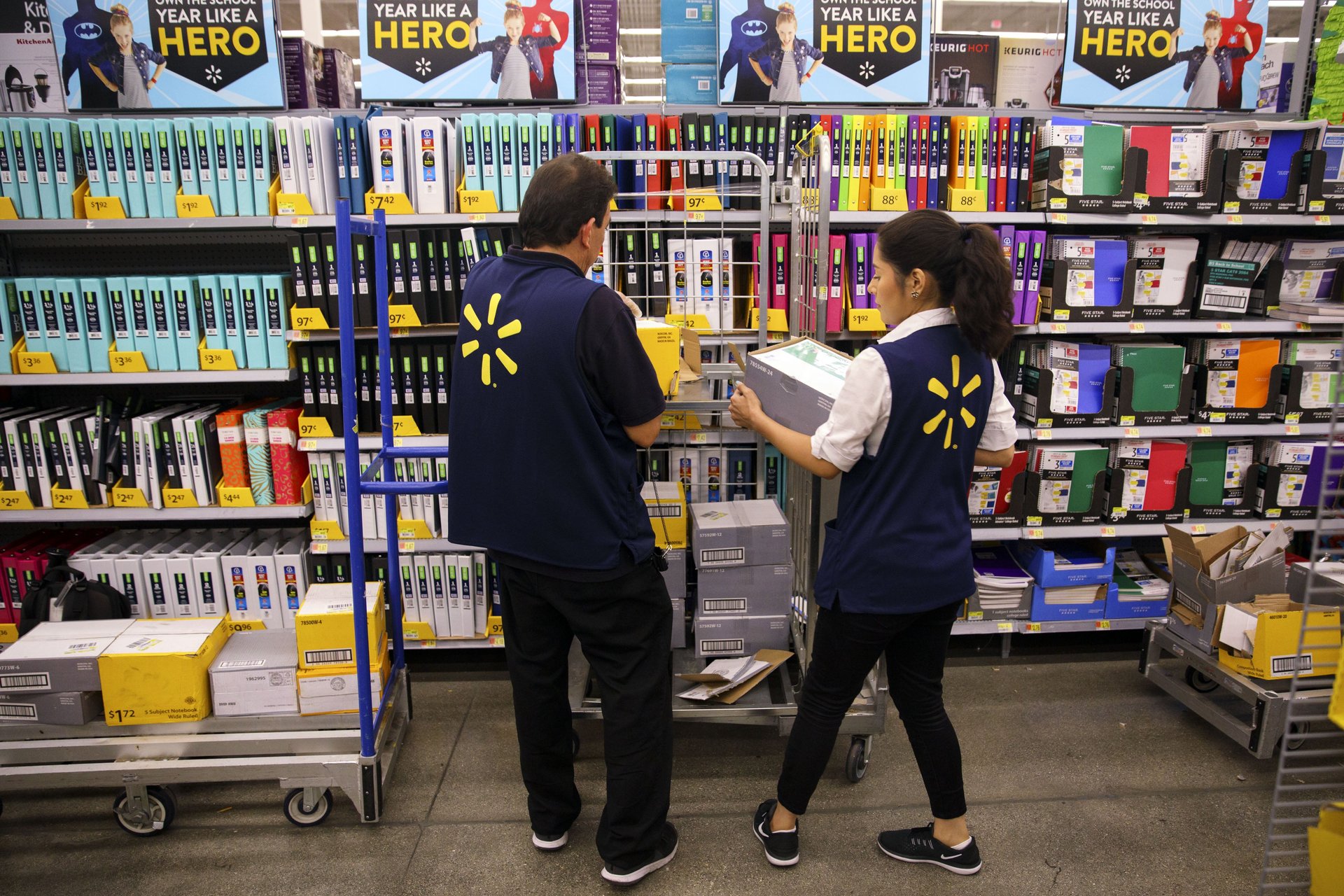Walmart investors are slamming its DEI retreat as 'disheartening'
Shareholders want to meet with Walmart's senior leaders and board to discuss the shift

Walmart’s (WMT) in hot water. More than 30 shareholders, representing $266 billion in assets, are demanding answers over the company’s rollback of its diversity, equity, and inclusion (DEI) efforts.
Suggested Reading
In a letter to CEO Doug McMillion, the investors accused Walmart of yielding to pressure from anti-DEI groups – a move the primarily faith- and values-focused shareholders say is “very disheartening.” They’re requesting a meeting with the company’s senior leadership and board to discuss the shift in policy. The group says it has long raised concerns about the risks of discrimination and inequities for over 30 years.
Related Content
The letter, published on Jan. 14, points out that Walmart has not provided financial or business justifications for this policy change. Additionally, investors emphasized that they have already shared data that shows the financial benefits of promoting DEI.
In November, Walmart announced it would no longer consider race and gender when awarding supplier contracts, nor would it collect demographic information when determining eligibility for financing.
At the time, Walmart described itself as being on a “journey,” and that although it isn’t “perfect,” the company strives to make “every decision from a place of wanting to foster a sense of belonging.” Robby Starbuck, a conservative influencer, took credit for Walmart’s decision, claiming he worked with the company after initially planning to do a story on “wokeness.”
The letter sent to Walmart – including organizations like Amalgamated Bank (AMAL) and United Church funds – comes amid growing activism among religious shareholders across the political spectrum. Anti-DEI groups have pushed for a reduction in such programs, despite similar initiatives at other corporations continuing to thrive.
Moreover, the timing of this policy shift is notable. With increasing threats to rights of marginalized groups, such as the LGBTQ+ community and workers of color, Walmart’s decision to backtrack sends a clear signal that company “will not fight to protect their rights,” investors noted.
Walmart is the nation’s largest private-employer of women, Black and African Americans, Hispanic and LatinX, and people of color, according to a 2023 report of culture, diversity, equity, and inclusion.
The company’s decision comes at a time when other major corporations are also rethinking their DEI strategies, often in response to similar pressures from conservative groups. Companies such as Google, Meta, Microsoft, Zoom, and McDonald’s have all scaled back or reassessed their DEI goals, raising broader questions about corporate responsibility and the long-term impact of diversity initiatives.
Amid this broader shift, Costco is an outlier. The retailer is holding firm to its DEI principles, despite facing backlash from conservative groups who argue that its DEI programs are discriminatory and could expose the company to legal and financial risks.
Costco (COST) is currently at odds with the National Center for Public Policy Research, a conservative think tank pushing shareholders to reject Costco’s DEI plans. Critics point to recent legal developments, including the Supreme Court’s ruling on race-based admissions in higher education, as reasons for their opposition.
But Costco has stuck to its recent stance on DEI. The company argues that a diverse workforce is good for business, drives creativity, and strengthens its competitive edge in the U.S. retail market.
Earlier this week, Walmart announced newer, modern logo, which is boasted would reflect its “evolution” as a people and tech-powered retailer.